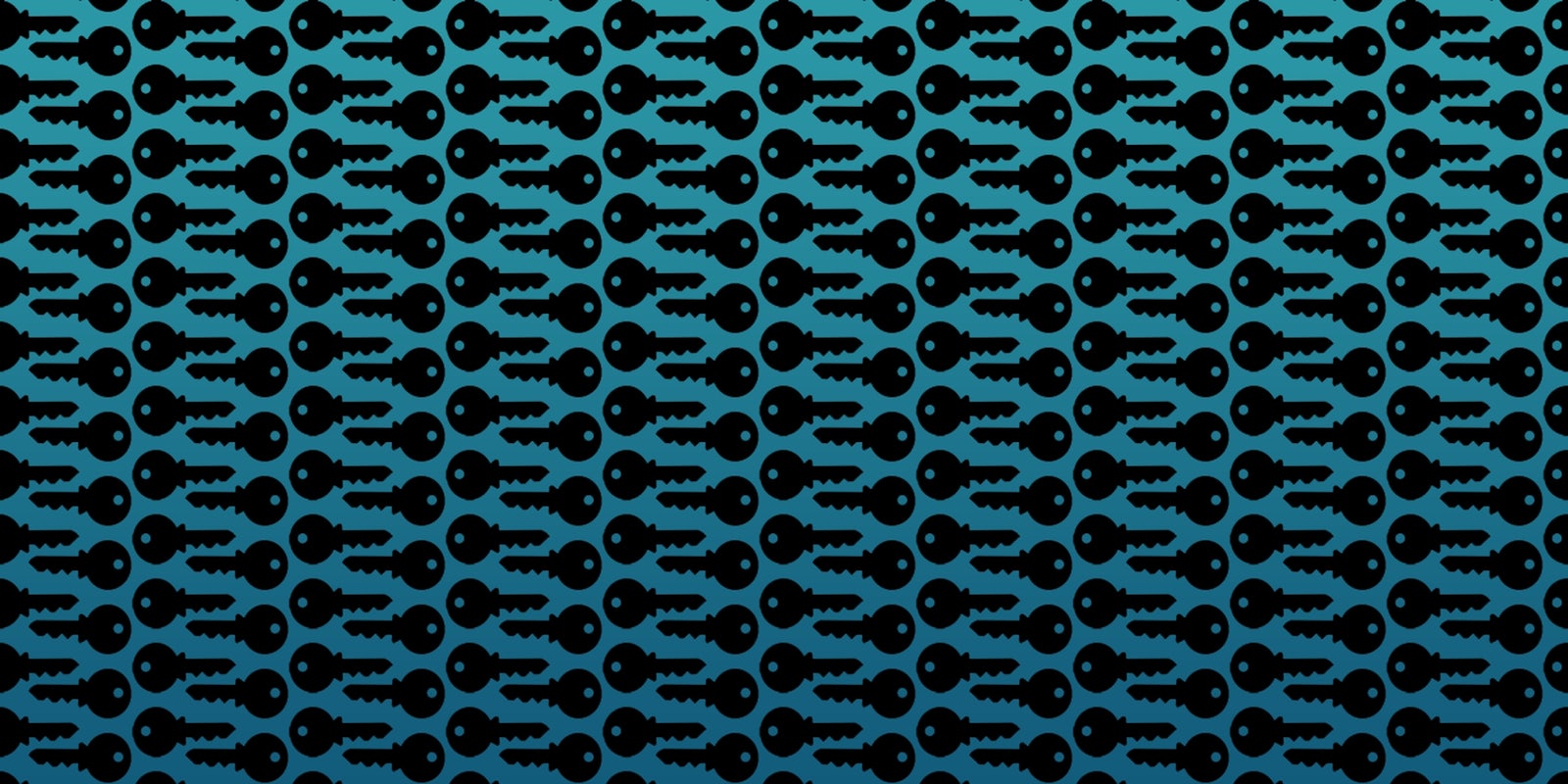ProtonMail was supposed to be an easy email encryption tool that would finally give us an answer to Internet surveillance around the world.
Instead, PayPal has frozen over $275,000 in donations to the project because, a PayPal representative told the company, the American payment service is not sure if ProtonMail is legal.
Of course, it is absolutely legal to encrypt email. The freeze remains in place.
Most incredible of all, the PayPal representative was unsure if ProtonMail has the necessary government approval to encrypt emails, as though anyone who encrypts needs a license to do so.
ProtonMail doesn’t need government approval, by the way, but it has it anyway. The encryption used by ProtonMail has been unquestionably legal since the 1990s. If that’s not enough, the Constitution’s First Amendment protects encryption code and its Fourth Amendment guarantees against unreasonable searches, exactly what encryption protects against.
“At this time, it is not possible for ProtonMail to receive or send funds through PayPal,” ProtonMail cofounder Andy Yen announced this morning. “No attempt was made by PayPal to contact us before freezing our account, and no notice was given.”

Screengrab via ProtonMail
PayPal did not respond to request for comment in time for publication.
This is far from the first time PayPal has run amuck of crowdfunding efforts. Several crowdfunding projects worth hundreds of thousands of dollars have experienced freezes. The most expensive such freeze came in 2013, when the video game crowdfunding for Dreamfall Chapters: The Longest Journey raised $1.5 million before it was smacked down by the Silicon Valley payment giants.
In that case, PayPal did reverse its decision shortly. The Palo Alto company may well do so here once again, but the fact that the funds were frozen at all on such illegitimate ground is reason enough—if you still need a reason—to lose more faith in PayPal’s ability to handle these kinds of major events.
The fact that PayPal recently touted its own reform when it comes to crowdfunding does little to soften the blow here.
“It seems PayPal is trying to come up with ANY excuse they can to prevent us from receiving funds,” Yen wrote.
It seems almost certain that the funds will be released to ProtonMail eventually. However, the Swiss-incorporated privacy company is already losing money by not being able to accept donations.
When PayPal’s reversal sans apology does inevitably come, it will win back no goodwill from privacy advocates furious with the company’s actions.
Update: ProtonMail announced just before 11:30am ET that PayPal has restored its account.
We are happy to announce that @PayPal has restored our account access. Thanks to your support, this happened in record time!
— ProtonMail (@ProtonMail) July 1, 2014
The email company also told the Daily Dot via Twitter that it “will not re-enable PayPal payments until we receive clear assurances from PayPal there will not be a repeat of this incident.”
Update 2: In an emailed statement sent to the Daily Dot, PayPal explained its reasons for freezing ProtonMail’s account, says it was due to a “technical problem” with the way it handles accounts linked to crowdfunding sites:
PayPal recently made changes to the way it handled accounts of people who were using crowdfunding sites to support their ideas. In response to customer feedback we established a streamlined process to specifically support crowdfunding campaigns. This process involves engaging crowdfunding campaign owners early on to clearly understand their campaign goals and help them ensure their campaigns are compliant with our policies and government regulations.
In the case of ProtonMail, a technical problem this week resulted in PayPal applying restrictions to the account. We have contacted ProtonMail today to solve this and can confirm that ProtonMail is able to receive or send funds through PayPal again. We are sorry for any inconvenience caused.
Clarification: An earlier version of this article included misleading language about the role of Pierre Omidyar, co-founder of PayPal and eBay Chairman, in PayPal’s leadership decisions. It has been removed from the article above.
Illustration by Jason Reed


